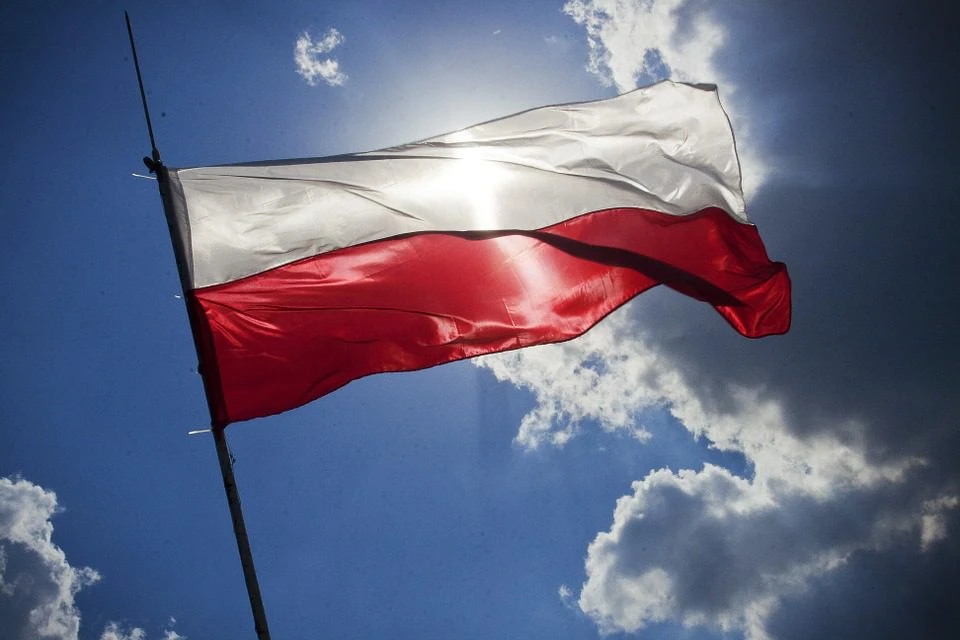Polish gambling market still dominated by illegal operators

An audit of the Polish gambling market has revealed that while the regulated gambling industry has grown rapidly following amendments to the country’s Gambling Act in 2017, it is still dwarfed by the illegal market.
The Polish Supreme Audit Office (NIK) concluded that while oversight had been stepped up significantly, additional powers should be granted to the Ministry of Finance to crack down on increasingly sophisicated tactics being used to circumvent enforcement action in the market.
The country's online betting market, comprising both legal and unlicensed activity, grew to an estimated PLN7.9bn (£1.63bn/€1.82bn/$2.02bn) for 2018, up from PLN5.0bn in 2015, according to the NIK. Over this period, amounts wagered via legal operators soared more than 600% to PLN3.88bn by 2018.
However, the illegal market still remains dominant, despite growing at a much slower rate and having seen market share decline as a result of regulated growth. The value of unlicensed online wagering increased 42% over the same period, to PLN4.01bn, accounting for 51% of the market.
This follows the introduction of amendments to the Gambling Act, which came into effect from 1 April, 2017. This extended the 12% turnover tax already imposed on land-based bookmakers online, and handed the state-owned operator Totalizator Sportowy a monopoly for online casino and promotional lotteries. While 14 operators have since secured online sportsbook licences in the market, a number of high-profile brands including Unibet, bet365 and William Hill have either withdrawn from the market or had their sites blacklisted following the implementation of the amended legislation.
While the country's gambling tax revenue has grown since the new laws came into force, rising from PLN1.64bn in 2017 to PLN1.90bn in 2018, the money generated has fallen short of government projections. NIK noted that this was likely to have resulted from delays to the roll-out of casino products by Totalizator Sportowy. The launch of slot arcades was beset by delays, with the first revenue – of PLN465,000 – generated in Q3 2018. The launch of the operator's first online gaming products, via the TotalCasino.pl and iLotto.pl domains and powered by Playtech, only occurred in December 2018, having originally been expected to launch early in Q3.
To protect Totalizator Sportowy's monopoly, extensive enforcement activity by the Polish authorities that has seen more than 63,000 illegal slot machines seized, and penalites of PLN750m levied on businesses and individuals.
The April 2017 amendments also confirmed the introduction of the country's first blacklist of unlicensed domains, from 1 July 2017. This has already grown to 7,140 domains as of 26 August, 2019. However, the NIK questioned the effectiveness of the blacklist, pointing out that telecommunications and payment providers – which are supposed to block access to the listed sites – often failed to follow orders to do so from the Ministry of Finance. The Ministry has launched enforcement action against telecommunicatons service providers on 20 occasions, and payment processors in four instances, but noted that none of these processes had yet been completed.
This, however, has been addressed with a further amendment to the Gambling Act, effective 2 January 2019, to hand the Ministry oversight for compliance with blocking orders.
The NIK added that offshore operators still remain a problem, as the Polish authorities have no power to prosecute these companies from offering their services to consumers. Players, despite risking prosecution from gambling via illegal sites, continue to play with these operators. Furthermore, so-called 'clone domains', where operators use slightly different URLs to avoid their sites being taken offline, which the auditor said was undermining the effectivness of the blacklist.
